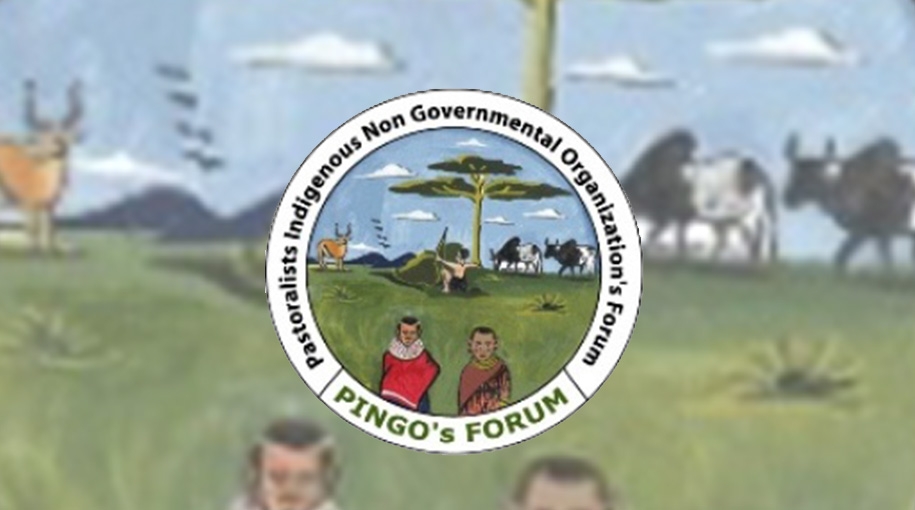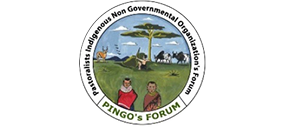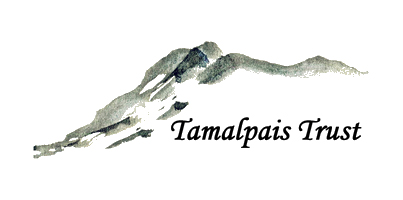Support the mitigation of impact of coronavirus/COVID-19 to the indigenous people in Tanzania
Background
The rise of the deadly virus coupled with the current political gestures and moods provide the danger that indigenous peoples will encounter should the virus spread. As we stand, currently, the official reported cases of COVID-19 is 284 with 10 deaths reported.
Many pastoralist youth, elders and women are travelling all over in Southern and East African Countries selling traditional herbs (Dawa), Maasai ornaments and searching for security guards’ jobs and doing small businesses. Although this cycle helps them to gain a small income that sustains their families, they are however vulnerable to contracting not only COVID-19 but also other diseases like HIV/AIDS, TB, yellow fever, etc. This indeed puts them in a great risk and even endanger their families when they coming back.
The major vulnerability and risk underlying this mobility is that it has become very difficult to know when they return, and due to high illiteracy of the community on the pandemic, nobody is responsible to report to the relevant authorities for further action. The community also is considering the disease as normal flu, which can be cured by consuming traditional herbs and drugs. Under this circumstances, majority of suspects may not report and may rather stay home, receiving treatments without any precaution; and as a result, spreading the coronavirus to the whole community.
The vulnerability of these communities is worsened due to nature of the environment they are living. They are living in remote areas where social services and facilities like health centers, safe and clean water are scarce. It is hard for them to access wherever these are found due to the long distance from where they are living and the accessibilities centers. On the other hand, the infrastructure of communication, information sharing and connection to the rest of the world is very difficult. To address these risks requires close follow-up and monitoring of the situation within the IP communities in order to help communicate and share their information in regard to the pandemic to the relevant authorities. Provision of protective equipment may help stop the spread of the pandemic and mitigate the impacts within the community and hence reduce the vulnerability of IPs on the spread of the coronavirus.
Thus, raising awareness on the threats of the pandemic, the transmission, the effect and means of preventing may save many lives and reduce the effect of the pandemic. Awareness would involve non-contact methods like radio programs, distribution of printed materials written in indigenous-friendly language. Use of social media through mobile phones may also help reach IPs.
Dissemination of immediate healthcare needs like sanitizers, hand soaps, gloves, isolation gowns to health workers in these communities, masks, infrared thermometers and handwash buckets in the level of district and ward can help prevent virus spread among the communities.
Project Objective
Vulnerabilities of indigenous community in Tanzania to COVID-19 is addressed by being equipped with relevant information and awareness to enable them to mitigate the effect of the virus and protect themselves.Target Beneficiaries
The project is expected to benefit the indigenous peoples across Tanzania as primary beneficiaries who are vulnerable to spread of COVID-19. These includes men and women, elderly people, disables, and youth from the pastoralist and hunter-gatherers’ communities The public awareness through radio programs and Tv programs will definitely benefit the general public who are neither immune from the deadly virus. Based on the radio program outreach, the TV program will reach more than 600,000 Indigenous peoples and more than 500,000 other people. The radio programs will cover the regions of Arusha, Kilimanjaro, Tanga, Manyara and Morogoro where most of indigenous peoples are found. The printed material, Masks and sanitizer will be available in 100 health centers in Manyara, Morogoro and Arusha region and particularly in Simanjiro, Hanang, Mbulu, Kiteto, Longido and Ngorongoro Districts.




